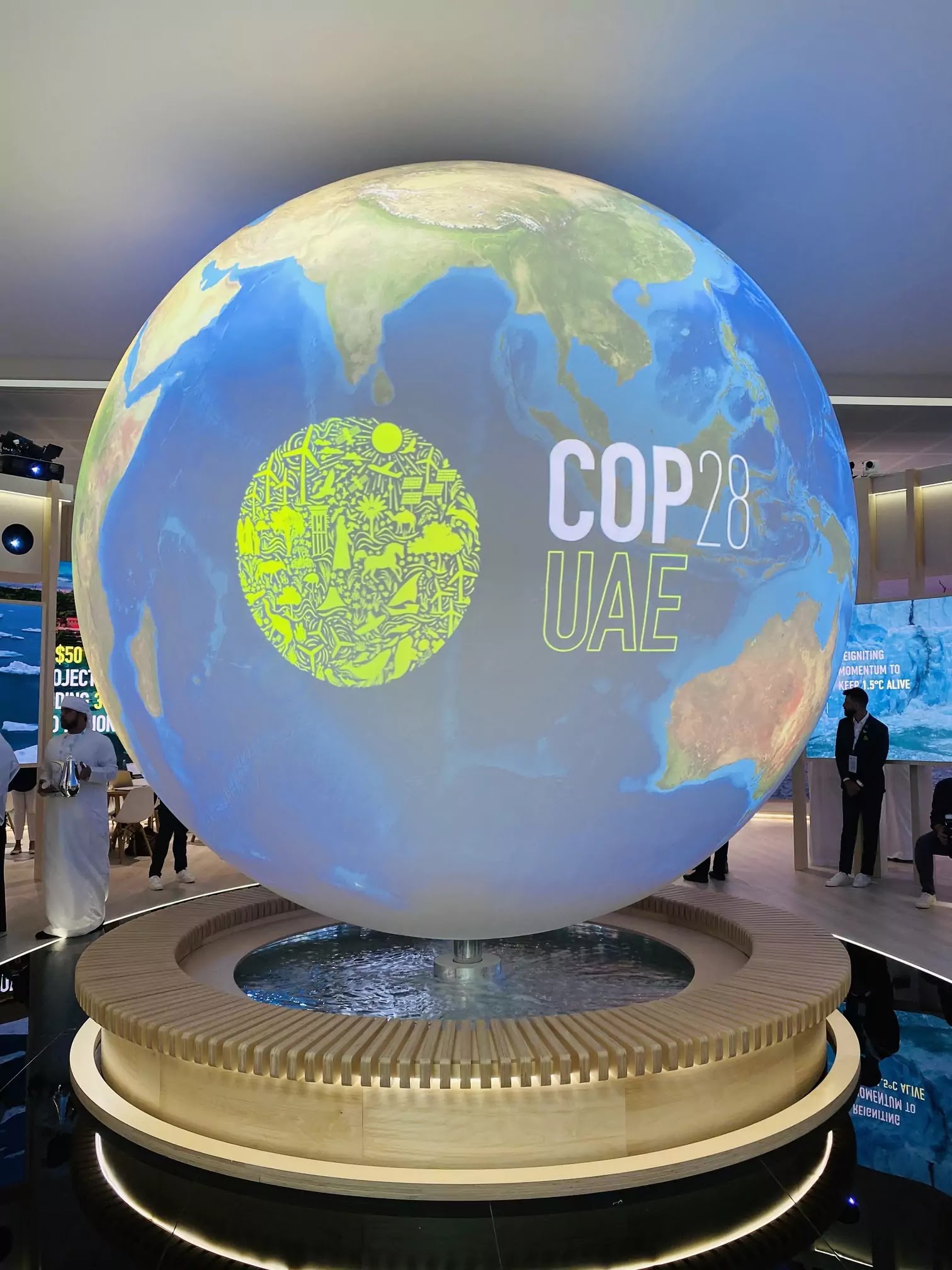
The UAE continues its pioneering efforts to combat climate change through various institutions that have implemented diverse initiatives to reduce greenhouse gas emissions, increasing investment in clean energy, and launching various projects in the renewable energy sector.
Hosting the 28th Conference of the Parties to the United Nations Framework Convention on Climate Change (COP28) in November will enable the UAE to create an interactive global platform for showcasing its efforts towards transitioning to renewable energy, especially solar energy.
On the other hand, the UAE has established a roadmap and goal to reach net-zero emissions by 2050, the first country in the region. Relevant entities in the emirate are also drafting plans, in partnership with the private sector, to reduce emissions.
The Environment Agency - Abu Dhabi (EAD) has adopted many technologies that help reduce the carbon footprint caused by industrial production and the economy, in general and is moving towards using renewable or low-carbon energy sources.
Technological solutions in the transportation sector include various options, such as increasing the number of electric vehicles (EV) and public transportation and using non-traditional fuel sources, such as hydrogen.
In the water and electricity production sectors, solutions can be found in the areas of usage or production, such as increasing the contribution of new and renewable energy in energy production, reducing waste in the electricity and water sectors, and utilising modern technologies that consume less energy, including energy-efficient reverse osmosis techniques.
Regarding technologies for capturing and absorbing residual emissions, the agency is currently developing natural solutions for carbon absorption by expanding green areas and planting trees, including Mangrove trees, as well as utilising modern techniques for capturing and storing carbon underground, such as those used in the Riyada Project, which is a leading project aimed at collecting carbon dioxide gas, which is then used for underground oil wells.
The authority collaborates with eight specialist academic research universities in the country and several international institutions. This year, a strategic research plan will be developed to support existing research efforts and identify priorities and needs to address current research gaps.
It will also develop national capabilities and capacities and promote cooperation with national and international institutions to connect the research system and ensure future integration.
To enhance scientific research on environmental issues that affect Abu Dhabi, the authority established the Abu Dhabi Environmental Research Network, which aims to establish a multidisciplinary community of researchers and innovators working together to enhance scientific knowledge about the environment and related issues in the emirate.



















No comments:
Post a Comment